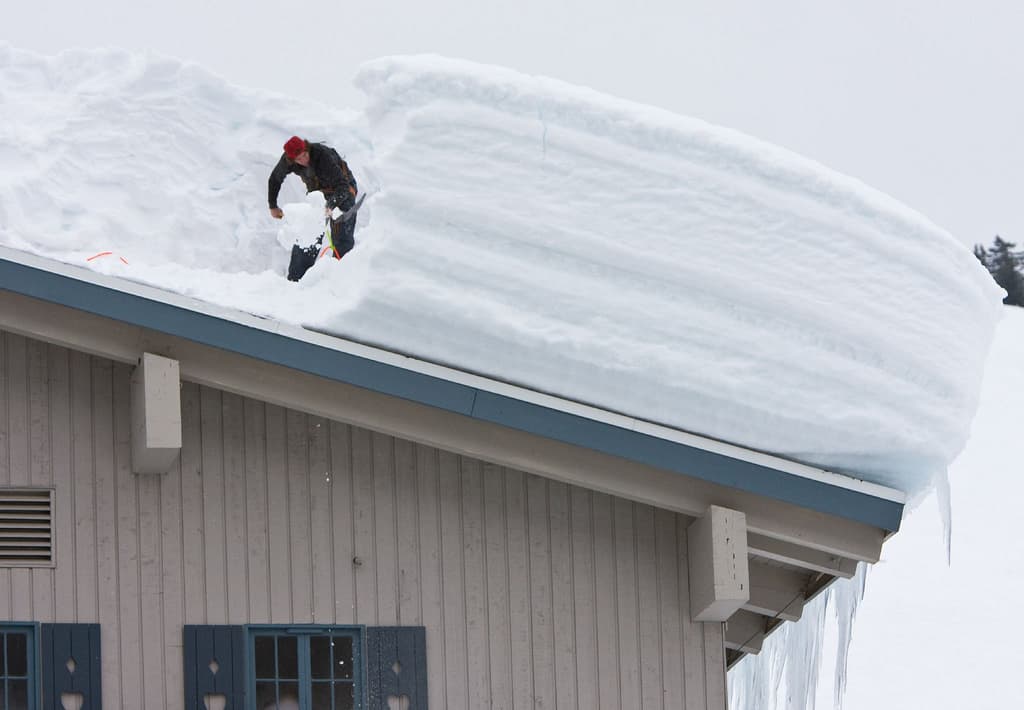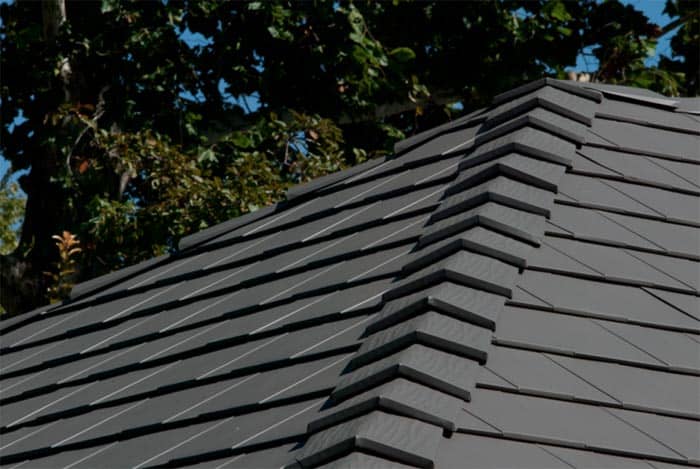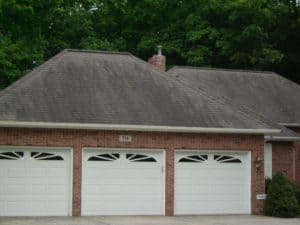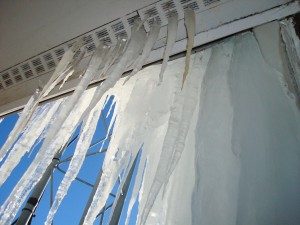As you prepare to purchase a new metal roof for your home, USE THE CHECKLIST BELOW to help you find a quality metal roofing company. You should hire a contractor that uses the highest quality materials and offers safe and professional installation. Service is also important to guarantee a positive working relationship. You can count on American Metal Roofs to meet all these criteria. We are the premier metal roofing contractor in Michigan.
Is the company licensed?
Is the contractor licensed and registered with the state? Ask for a copy of the license.
Does the company carry Worker’s Compensation Insurance?
Make sure the contractor carries worker’s compensation insurance for the installation crew. This policy protects the crew that works on your property. If the company has no worker’s compensation insurance and a worker is hurt, you could be held liable and sued. If the company uses subcontracted 1099 workers, those workers may not be covered by the contractor’s insurance.
Does the company use safety equipment?
Federal Law requires workers to use safety equipment, including an anchor point, OSHA-compliant safety line, and a lanyard. This policy is now required on all roofs by OSHA.
Does the company carry General Liability Insurance?
Get a copy of the General Liability insurance for the company. This protects you and would pay for any property damage in the case of an accident. There should be no open-ended costs on the policy.
Does the company provide a “Written Estimate” or an “Exact Price Quote”?
A “Written Estimate” is essentially a written guess. Ask for an “Exact Price Quote” that has fixed cost-per-unit variables.
Permits
Make sure the metal roofing company is responsible for securing the necessary permits.
Does the company have a physical location–an actual office/showroom?
Check to see if the contractor has a physical location other than his house. Visit their showroom and shop. The contractor should have a physical location dedicated to the business, not his house or apartment. If he does not have the money to rent a decent office, where will he get the money to make an expensive repair or replacement if there is a serious warranty issue caused by faulty workmanship?
Does the company have a bank reference letter?
This single document from the contractor’s bank will show you the financial stability and the bank’s judgment of the character of the company you’re working with. Insist on seeing the letter, so you know that you’re dealing with a company that is stable and financially sound.
Does the company have a Supplier Letter?
This is a written communication from the supplier of the product that they use. These are easy to obtain from the supplier. If your metal roofing contractor tells you otherwise, they may not be able to get the products they showed you and could be substituting an inferior product.
Does the company have references?
Get a complete list of references and check at least four of them out. Many people neglect to check the references. Do not make this mistake—you may be surprised at what you learn from past customers.
Are the members of the install crew employees?
Visit a worksite and talk with the crew. Ask them if they are employees of the company. Check to see if the trucks and equipment have the company’s name on them. If not, they are probably subcontractors.
Do company representatives communicate clearly?
Make sure the contractor communicates clearly and concisely with no pressure and his support personnel are clear, courteous, and thorough.
What is the company’s policy on changes to the agreed-upon work?
Find out if the metal roofing contractor uses written change order forms on all changes. Non-written change orders can lead to costly add-ons.
Does the company do a complete attic inspection as part of the sales process?
The contractor should do a thorough inspection to minimize future problems and costs. Looking at the surface of a roof is not adequate unless the contractor has x-ray vision. A thorough attic inspection is necessary and should include:
Ventilation Analysis – Interior attic inspection of ventilation. Your contractor should be trained in ventilation. Does he know what the minimum square inches of venting that code requires? You should have at least 144 square inches of
venting per 300 square ft. of attic space for intake and the same for exhaust. This will help prevent mold, keep insulation dry, and reduce heating and air conditioning costs.
Ventilation Inspection – Visual inspections of vents to make sure you do not have open can vents and gable vents used in conjunction with a ridge vent.
Moisture Inspection – Take moisture readings with a moisture meter. This will tell if you have a source of moisture that may cause future problems.
Infrared Temperature Evaluation – Check and record attic temperatures at the eave and ridge using an infrared heat gun.
Soffit Inspection – If the soffit venting is blocked, what are the solutions? Soffit is needed for the intake of air.
Exhaust Venting Inspection – Inspection of the bathroom and kitchen exhaust vents to see they are venting properly through the roof or gable wall and not into a soffit.
Structural Inspection – Visual inspection of rafters and sheathing.
Heat Source Evaluation – Inspection of ductwork and pipes in the attic that may cause heat buildup and ice.
Does the company use permanent materials?
Make sure your metal roofing contractor is using the appropriate materials. It is common for a contractor to shave costs and the homeowner does not know.
Premium Ice & Water Shield – When a tear–off is needed, premium non-granulated ice and water shield are needed nine feet up from all eave edges, in all valleys, and around all protrusions.
Woven Synthetic Underlayment – Woven synthetic underlayments installed with plastic cap nails, not staples.
Interlocking Starter – Interlocking starter for high wind certification.
Open Valleys – Open valleys that are self-cleaning. Closed valleys will allow ice to freeze around them and get ripped apart when snow and ice shift.
Baffled High-Volume Ridge Vent – Baffled high-volume ridge vents of 21 NFA (21 square inches of venting per lineal foot).
Premium Sealants – Premium sealants. Silicones will fail with modern ceramic finishes.
Non-Corrosive Metals – Non-corrosive metals such as aluminum or copper. Steel may be acceptable if you are not concerned about rust. Many unscrupulous contractors will try to get you to believe steel will not rust.
Energy Saving Finish – Look for heat-reflective finishes such as Hi-R Kynar for maximum energy savings and longevity.
Hidden Fastener – Make sure all installation methods use hidden fasteners. Through fastened metal roofs with neoprene screws or rubber washers will fail and leak when the UV attacks the washer.
Four-Way Interlock – Metal roof panels should be four-way interlocking so that debris and wind cannot get under the panel. Unsightly debris collects on overlapped panels.
Permanent Finishes – Metal roofs should have finishes that are permanent. Many inexpensive steel products try to mimic asphalt by gluing granules to the surface. These granules will come off. If you are buying a granulated steel roof, make sure to get five pounds of granules per 20 square feet of roofing for aesthetic repairs. This is done by applying an adhesive onto the panel and sprinkling granules into the adhesive.
Does the company offer the following warranties to back your new lifetime roof?
Limited Lifetime Non-Prorated Product Manufacturer Warranty – Manufacturers warranty is 100% labor and material and non-prorated. Limited mostly by acts of God.
Limited Lifetime Non-Prorated Installation Warranty – Contractors Installation warranty is 100% and non-prorated for as long as you own the home. Limited mostly by acts of God.
Money Match Value Warranty – Contractor offers a money match value warranty.
Energy Saving Guarantee – Contractor offers an energy saving guarantee.
What is the metal roofing company’s reputation?
Does the contractor have Better Business Bureau complaints? Are there numerous stories on the Internet from unsatisfied customers? Contractors can be checked out at RipOffReport.com.
Does the company offer a “respect” agreement with sales associates?
Sales Associates sign an agreement to play no tricks or exert any pressure on any customer and to treat the customer with respect.
What are the company’s job clean-up standards?
Do all installers sign a written agreement pledging daily job-site clean-up and a thorough cleaning of the entire work area at the conclusion of the job?
What is the worker’s code of ethics?
All workers should sign a worker conduct compliance agreement.
What kind of training does the company offer for workers?
All installers should be certified by the manufacturer of the metal roof. Ask for certification.
You shouldn’t hire just anyone to install your new roof. Choose the best residential metal roofing contractor in your area. Contact American Metal Roofs of Michigan to schedule an appointment.
Subscribe to American Metal Roofs's Blog







Comments
The post also touched on some key questions to ask a contractor before hiring them, like whether they have insurance and what kind of warranties they offer. These are all important factors to consider when choosing a contractor.